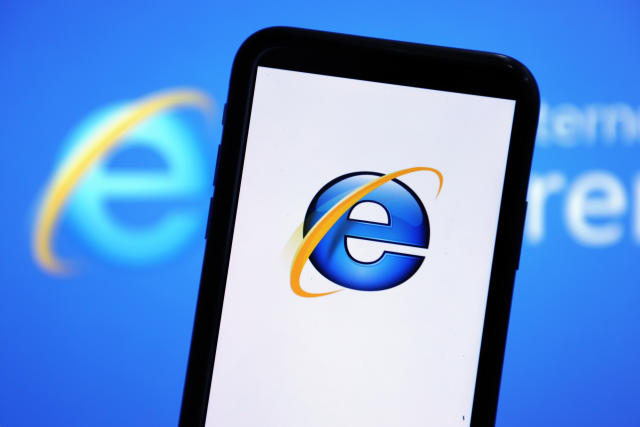It’s one of the most loved and most hated browsers in existence, but it’s coming to an end next week. When you think of internet browsing, Microsoft Internet Explorer (IE) has always been synonymous with web browsers. However, as part of Microsoft’s new era under Satya Nadella, the software giant will officially shut down its aging browser.
On Wednesday, Microsoft announced that it will end all support and security updates to Internet Explorer 6, 7, 8, 9 and 10, which means that these browser versions will no longer be protected against zero-day attacks and hacks, as reported by CNBC. In addition to this news, the company also revealed its plans to shut down the original Microsoft Edge browser on March 31st of this year, as well as its replacement, Project Spartan. According to Business Insider, this move has been called the end of an era by many users online who are currently in the process of upgrading their browsers for security reasons.
Microsoft announced its oldest browser, Internet Explorer, will be phased out after 27 years of service. The company has said it will stop all but essential work on the old browser, with the browser’s end goal being to reach a more peaceful state. First released in 1995 as an add-on package for Windows 95, Internet Explorer became a pre-installed part of Windows and Microsoft has notified customers that starting June 15, 2022, it will render it inoperable.
As of Wednesday, users who attempt to open the app will be told to use Microsoft Edge instead.
The company announced in May that they plan to retire the web browser in Windows 10 as of June 15, 2022.

Microsoft’s introduced Edge in 2015, which phased out Internet Explorer. Internet Explorer had been the go-to browser on Windows PCs for years before Mozilla’s Firefox and Google’s Chrome won more users over. Tuesday saw reactions on social media that ranged from excitement to outright criticism.
Microsoft dropped its support for Internet Explorer in 2020 and the change took effect on Aug. 17, 2021.
In December 2021, 5.92% of United States desktop users browsed the web with Microsoft Edge. This was reported by Statista in January.
Will People Miss It?
Well, it’s definitely going to leave a hole in our hearts, if not our internet browsers. As we say goodbye and embrace what will eventually replace IE, let’s take a moment to reminisce about how we got here. After all, IE is more than just a thing on your computer—it’s woven into history. It’s also influenced today’s online culture.













Recent Comments